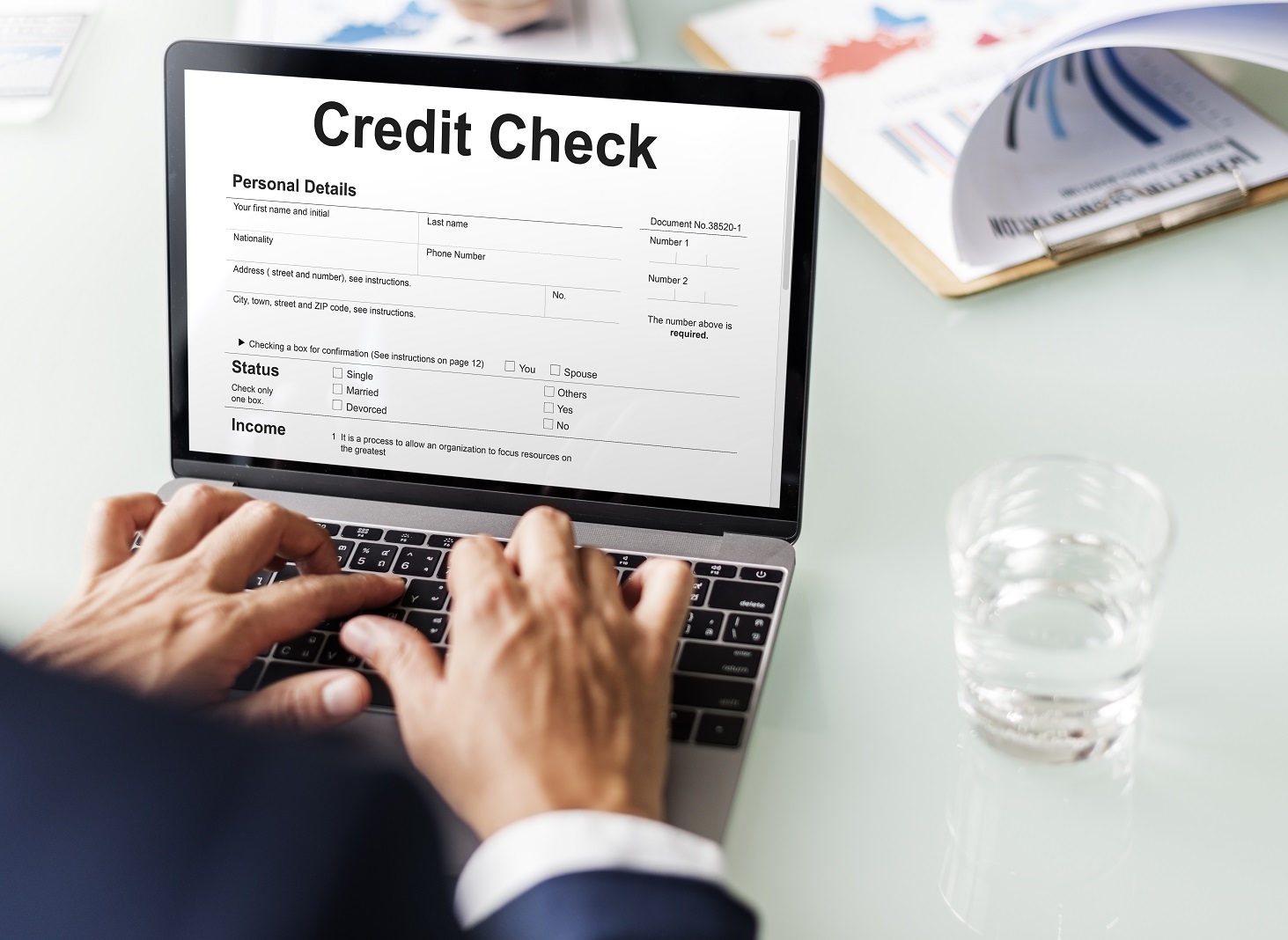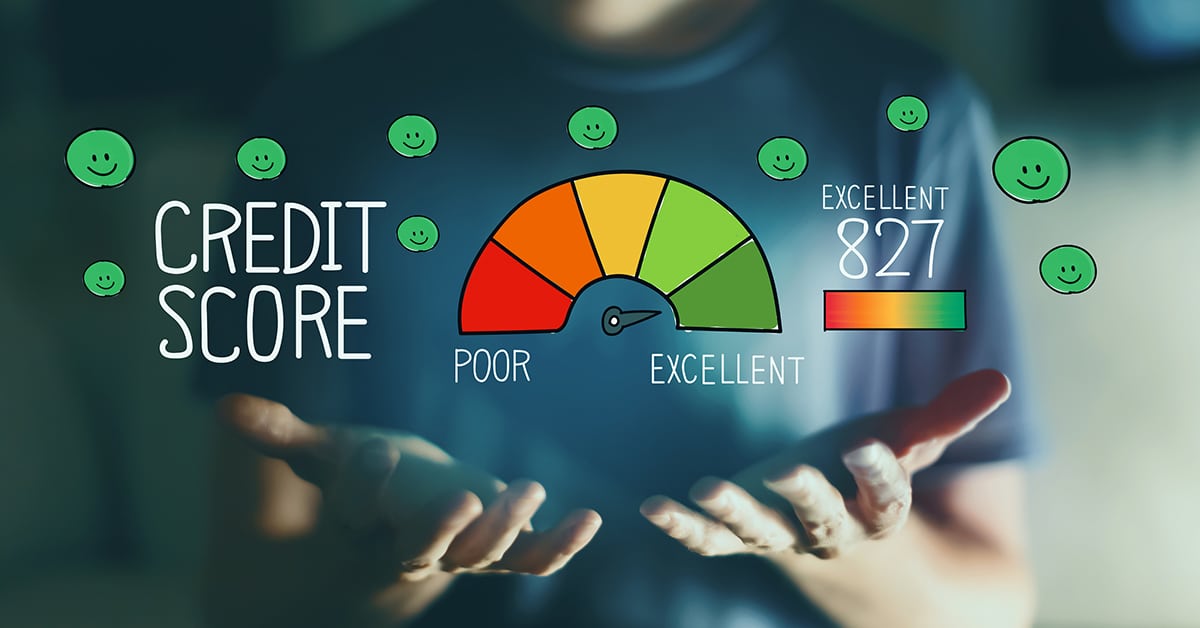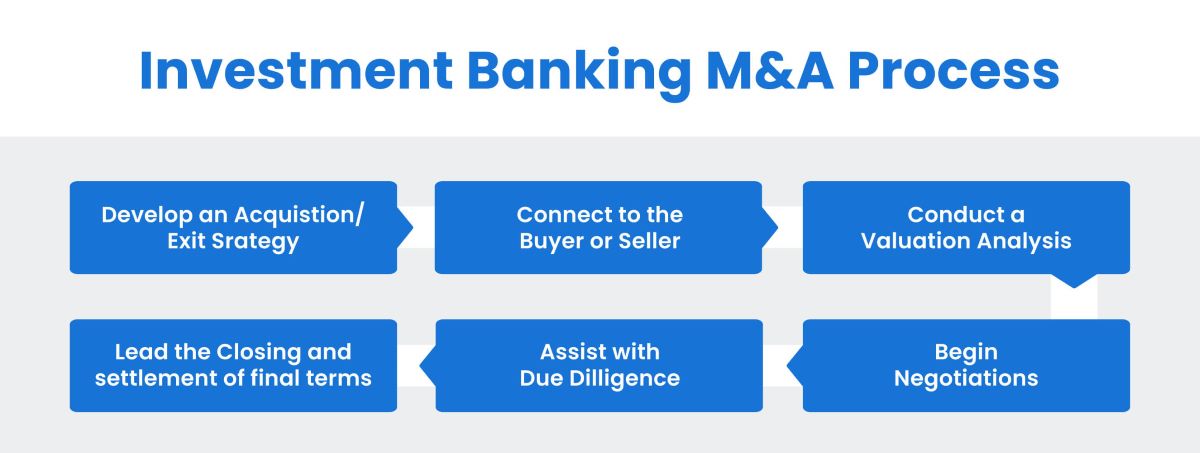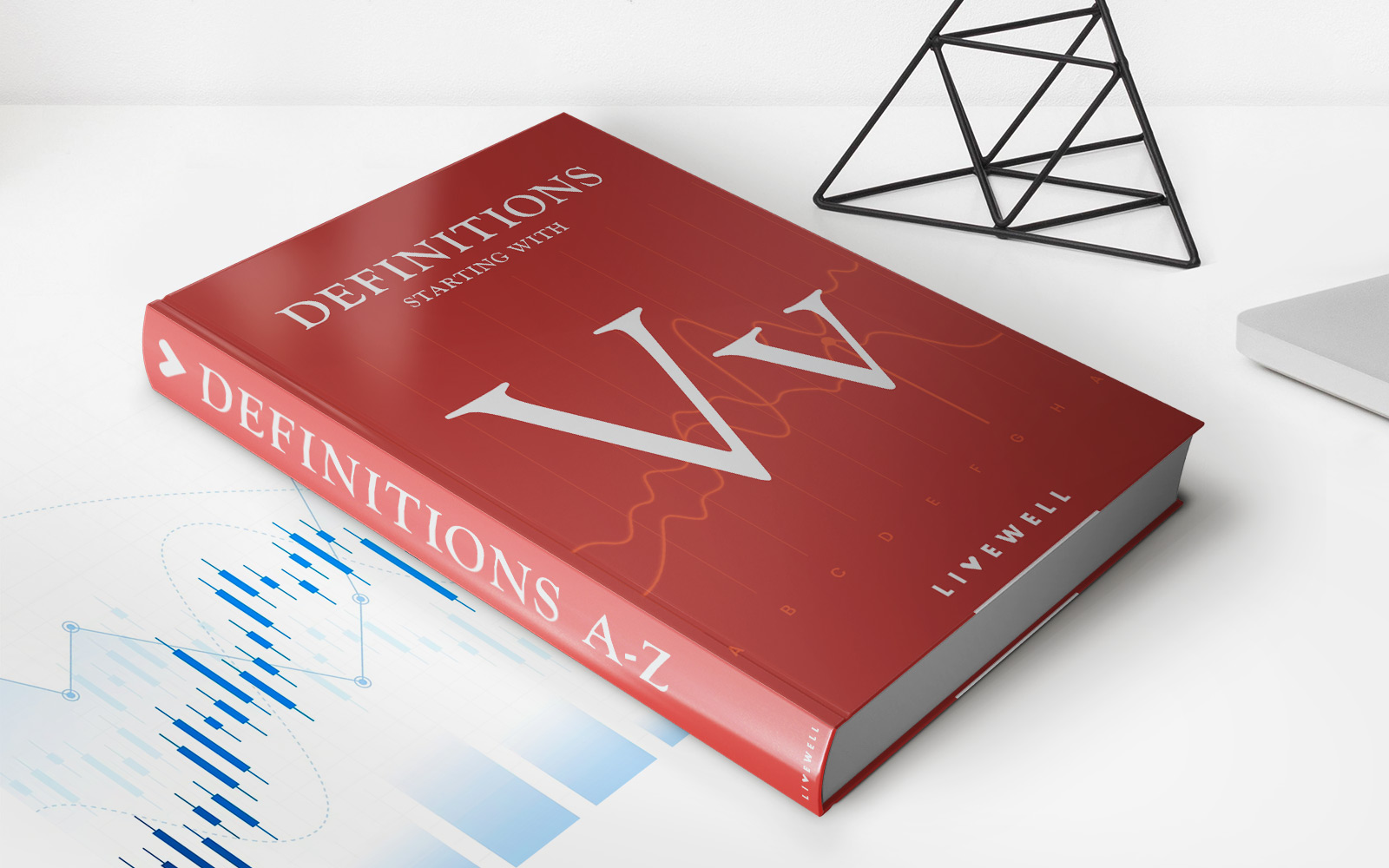

Finance
What Credit Score Is Needed For VA Loan
Published: October 21, 2023
Find out the minimum credit score required to be eligible for a VA loan in this comprehensive finance guide.
(Many of the links in this article redirect to a specific reviewed product. Your purchase of these products through affiliate links helps to generate commission for LiveWell, at no extra cost. Learn more)
Table of Contents
Introduction
When it comes to buying a home, securing a loan is often one of the biggest hurdles that potential homeowners face. For veterans and active-duty service members, the U.S. Department of Veterans Affairs (VA) offers a unique home loan program known as VA loans. VA loans provide numerous benefits, such as competitive interest rates, no down payment requirements, and the possibility of financing 100% of the home’s value.
However, just like any other type of loan, VA loans have certain eligibility requirements. One crucial factor that lenders consider when approving a VA loan application is the borrower’s credit score. Your credit score represents your creditworthiness and the likelihood of you repaying your debts.
In this article, we will delve into the importance of credit score for VA loans and the minimum requirements set by lenders. We will also explore the factors that affect your credit score and provide strategies for improving it if needed. By understanding the significance of credit score and how to optimize it, you can increase your chances of obtaining a VA loan and securing your dream home.
So, if you’re a veteran or an active-duty service member looking to buy a home using a VA loan, read on to discover what credit score is needed and how to ensure you meet the requirements.
Understanding VA Loans
Before delving into the credit score requirements for VA loans, it’s essential to have a brief understanding of what VA loans are and how they work.
VA loans are a type of mortgage loan available exclusively to veterans, current military personnel, and eligible surviving spouses. These loans are guaranteed by the VA, which means that lenders are protected against potential losses if the borrower defaults on the loan.
One of the most significant advantages of VA loans is that they do not require a down payment, unlike conventional loans that typically require a down payment of 20% of the home’s purchase price. This feature makes VA loans an attractive option for many service members and veterans who may not have significant savings or access to a large sum of money for a down payment.
Another distinguishing feature of VA loans is the absence of private mortgage insurance (PMI). With conventional loans, borrowers who put down less than 20% are usually required to pay PMI to protect the lender in case of default. VA loans, however, eliminate this additional expense, making homeownership more affordable.
Additionally, VA loans offer competitive interest rates, which can save borrowers thousands of dollars over the life of the loan. These rates are typically lower than those offered for conventional loans, which further increases the affordability of VA loans.
It’s important to note that while VA loans are backed by the government, they are not directly issued by the VA. Private lenders, such as banks and mortgage companies, offer VA loans and determine their specific terms and requirements.
Now that we have a basic understanding of what VA loans entail, let’s explore the crucial role that credit scores play in the loan application process.
Importance of Credit Score for VA Loans
When applying for a VA loan, your credit score plays a vital role in determining your eligibility and the terms of the loan. Lenders use your credit score as an indicator of your financial responsibility and ability to manage debt. A higher credit score typically translates to lower interest rates and more favorable loan terms.
A higher credit score not only increases your chances of getting approved for a VA loan but also enhances your negotiating power. With a good credit score, you can potentially secure a lower interest rate, saving you money over the life of the loan. This can make a significant difference in the affordability of your monthly payments.
On the flip side, a lower credit score can present challenges when applying for a VA loan. Lenders may be more cautious and may offer less favorable terms, such as higher interest rates or requiring a larger down payment. A poor credit score may even result in loan denial, making it crucial to understand the credit score requirements for VA loans.
It’s important to note that while VA loans may be more forgiving than traditional loans when it comes to credit requirements, lenders still have their own criteria. They consider factors such as your credit history, income stability, and debt-to-income ratio in addition to evaluating your credit score.
Having a good credit score not only benefits you when applying for a VA loan but also extends beyond that. A strong credit score can open doors to other financial opportunities, such as securing favorable terms on other loans or credit cards.
To ensure you are on the right track to obtaining a VA loan, it’s important to understand the minimum credit score requirements set by lenders. We will explore these requirements in the next section.
Minimum Credit Score Requirements for VA Loans
When it comes to VA loans, there is no specific minimum credit score requirement set by the Department of Veterans Affairs. However, most lenders have their own guidelines and preferences regarding credit scores for VA loan applicants. Typically, the minimum credit score required to be eligible for a VA loan falls within the range of 620 to 640.
It’s important to note that meeting the minimum credit score requirement does not guarantee loan approval. Lenders consider multiple factors in addition to credit score, such as income, employment history, and debt-to-income ratio. Your credit score is just one piece of the puzzle that lenders evaluate when assessing your loan application.
While a credit score in the 620 to 640 range may be sufficient to meet the minimum requirements, it’s worth noting that a higher credit score will help you secure more favorable terms and interest rates. Mortgage lenders typically offer the best rates and terms to borrowers with excellent credit scores, usually considered to be in the range of 740 or higher.
Additionally, some lenders may be more lenient with credit score requirements if you have other compensating factors in your favor. For example, a stable employment history, a low debt-to-income ratio, or a significant amount of liquid assets may offset a slightly lower credit score.
If your credit score falls below the minimum requirements, it doesn’t necessarily mean that you won’t be able to obtain a VA loan. It may, however, require additional steps to improve your creditworthiness. In the next section, we will explore some factors that can impact your credit score for VA loans and strategies for improving it.
Factors that Impact Credit Score for VA Loans
Several factors can influence your credit score when applying for a VA loan. Understanding these factors and their impact on your creditworthiness can help you take steps to improve your credit score and increase your chances of loan approval.
1. Payment History: Your payment history is one of the most critical factors considered by lenders. Late payments, defaults, or accounts in collections can significantly lower your credit score. Making timely payments on all your debts, including credit cards, loans, and utilities, is crucial to maintaining a good credit score.
2. Credit Utilization: Credit utilization refers to the amount of available credit you are currently using. Maxing out your credit cards or having a high balance-to-limit ratio can negatively impact your credit score. It’s generally advised to keep your credit utilization below 30% to maintain a healthy credit score.
3. Length of Credit History: The length of your credit history plays a role in determining your credit score. Lenders prefer a longer credit history as it provides more information about your credit habits and behavior. If you are new to credit or have a limited credit history, it may be more challenging to demonstrate your creditworthiness.
4. Credit Mix: Lenders like to see a diverse mix of credit types, such as credit cards, installment loans, and mortgages, in your credit history. Having a mix of different types of credit accounts can have a positive impact on your credit score.
5. New Credit Inquiries: Applying for new credit can result in multiple inquiries on your credit report. Too many inquiries in a short period can lower your credit score. It’s important to be cautious when applying for new credit and only do so when necessary.
6. Public Records and Negative Information: Public records, such as bankruptcies, tax liens, or collections, can have a significant negative impact on your credit score. It’s important to address any negative information and work towards resolving those issues to improve your creditworthiness.
By understanding these factors, you can take steps to improve your credit score and increase your chances of qualifying for a VA loan. In the next section, we will explore strategies to help you elevate your credit score.
Improving Credit Score for VA Loans
If your credit score falls below the desired range for a VA loan or if you simply want to improve your creditworthiness, there are several strategies you can implement to boost your credit score:
1. Pay Your Bills on Time: Consistently making on-time payments is crucial for improving your credit score. Set up automatic payments or reminders to ensure you never miss a payment.
2. Reduce Credit Card Balances: Pay down your credit card balances to decrease your credit utilization ratio. Aim to keep your balances below 30% of your available credit.
3. Avoid Opening New Credit Accounts: While having a mix of credit accounts is beneficial, avoid opening multiple new accounts within a short period. Every new credit application can result in a hard inquiry, which can temporarily lower your credit score.
4. Check Your Credit Report: Regularly review your credit reports from the three major credit bureaus (Equifax, Experian, and TransUnion) to ensure the information is accurate. Dispute any errors or inaccuracies that may be negatively impacting your credit score.
5. Build a Solid Payment History: Establish a consistent track record of timely payments over an extended period. The longer you demonstrate responsible credit behavior, the more positive impact it will have on your credit score.
6. Pay Off Collection Accounts: If you have any collection accounts, work towards paying them off or negotiating a settlement. Paying off these accounts can help improve your credit score.
7. Keep Older Credit Accounts Open: Closing old credit accounts can shorten your credit history and decrease the overall age of your accounts. If you have older accounts with a good payment history, keeping them open can positively impact your credit score.
8. Manage Your Debt-to-Income Ratio: Lenders consider your debt-to-income ratio when evaluating your creditworthiness. Paying down your debt and keeping your income stable can help improve this ratio.
9. Be Patient: Improving your credit score takes time. It’s important to be patient and consistent with your efforts to build a strong credit profile.
By implementing these strategies, you can gradually improve your credit score over time. Remember, every positive step you take towards improving your credit will bring you closer to qualifying for a VA loan and securing your dream home.
Conclusion
Obtaining a VA loan can be a fantastic opportunity for veterans and active-duty service members to achieve the dream of homeownership. While credit scores play a crucial role in the loan approval process, it’s important to remember that they are just one aspect considered by lenders. Factors such as income stability, employment history, and debt-to-income ratio also come into play.
Although there is no specific minimum credit score requirement set by the VA, most lenders look for credit scores in the range of 620 to 640. However, a higher credit score will not only boost your chances of loan approval but also help you secure more favorable terms and lower interest rates.
If your credit score falls below the desired range, or if you simply want to improve your creditworthiness, there are steps you can take to boost your credit score. Paying bills on time, reducing credit card balances, reviewing your credit report for errors, and managing your debt-to-income ratio are all effective strategies for improving your creditworthiness.
Remember, improving your credit score takes time and effort. It’s important to be patient, consistent, and proactive in your approach. By taking control of your credit and working towards improving it, you can increase your chances of being approved for a VA loan and open up opportunities for better loan terms and lower interest rates.
Ultimately, the key to successfully securing a VA loan lies in understanding the importance of credit scores, meeting the minimum requirements, and continuously working on improving your creditworthiness. With dedication and smart financial management, you can pave the way for homeownership and enjoy the benefits that come with VA loans.














